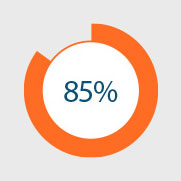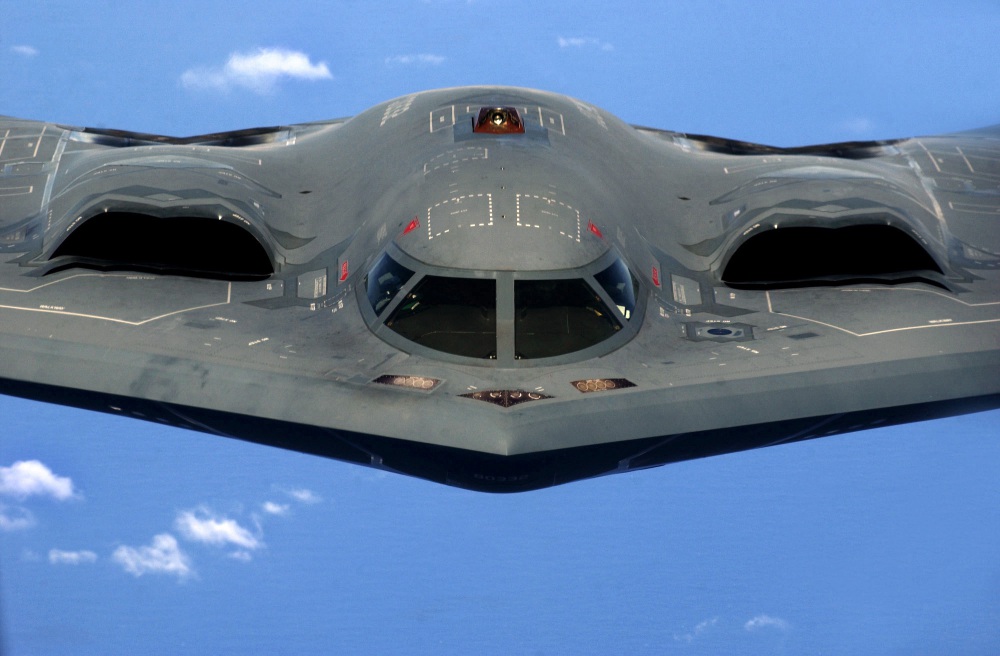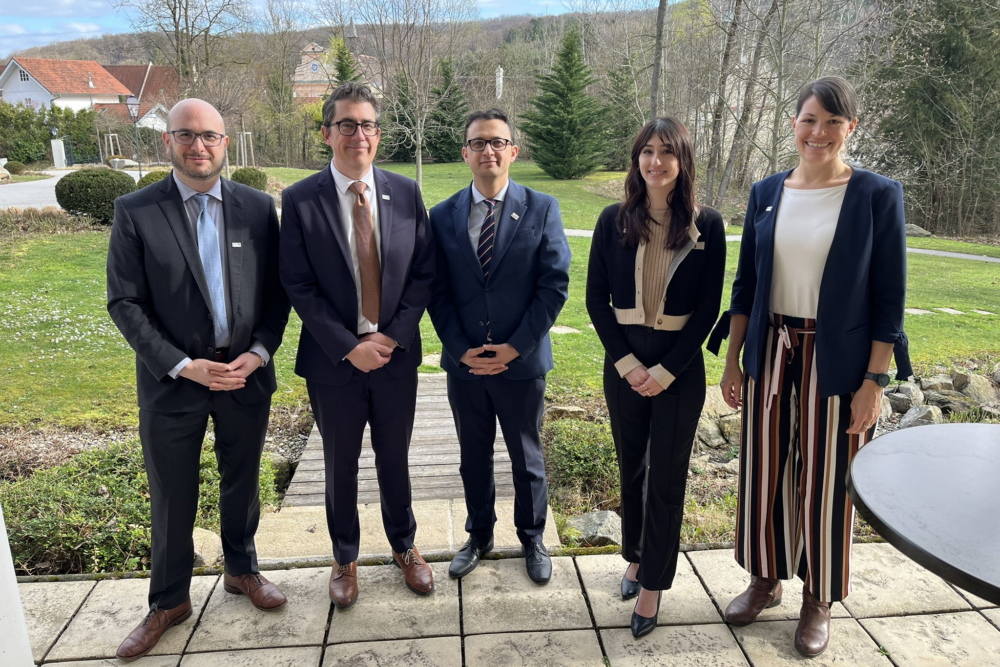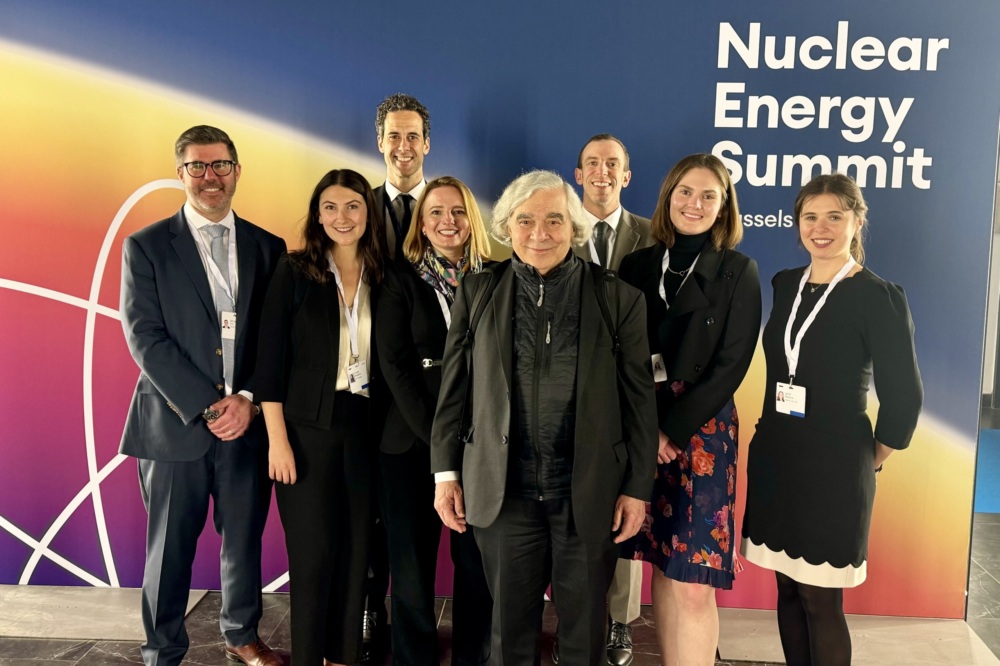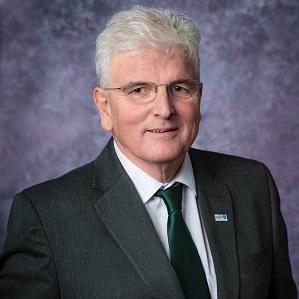
Des Browne
Vice Chair, NTI
WASHINGTON – Prominent leaders in the military, political and technical sectors from key nuclear-armed states are gathering today to begin addressing a critical gap in the Nuclear Security Summit process: How to strengthen the security of the 85% of plutonium and highly enriched uranium that is categorized as military and is not subject to any international security standards or oversight mechanisms.
The study group—which includes participants from key states with nuclear weapons—is led by NTI Co-Chairman and former U.S. Senator Sam Nunn, Lugar Center President and former U.S. Senator Richard Lugar and NTI Vice Chairman and former U.K. Defense Secretary Des Browne.
The NTI study group will develop specific recommendations for release in 2015 to tighten control of these materials and to build international confidence in the effectiveness of their security, while still protecting sensitive information.
An NTI paper released in 2012 (and updated in 2014) identified that military and non-civilian nuclear materials comprise fully 85 percent of the approximately 2,000 metric ton global inventory of weapons-usable nuclear materials. These materials—plutonium and highly enriched uranium (HEU)—fall into diverse categories ranging from active warheads to naval fuel to material declared excess. Because they are categorized as military, no international security standards or oversight apply to these materials.
“We applaud the high-level attention on preventing nuclear terrorism after three head-of-state Nuclear Security Summits,” said Nunn. “However, urgent challenges remain, especially for military and other non-civilian nuclear materials. A global system that covers only 15 percent of weapons-usable materials won’t protect against catastrophic nuclear terrorism.”
"This effort builds on more than two decades of work to secure nuclear weapons and materials accomplished by the Nunn-Lugar Cooperative Threat Reduction Program," said Lugar. "International dialogue and cooperation is essential to address the threat of nuclear terrorism."
NTI first highlighted “the 85 percent” through its Global Dialogue on Nuclear Security Priorities, an ongoing forum providing thought leadership to strengthen global nuclear security. World leaders at the 2014 Nuclear Security Summit called for states to maintain effective security of all nuclear materials, including those used in nuclear weapons but offered no concrete recommendations to improve the security of these and other military materials.
“Critics may say confidence-building measures around military materials will compromise sensitive national security information, but cooperation on nuclear materials security has been done before, particularly through U.S.-Russian cooperation on securing material in the former Soviet Union,” said Browne. “Information that is secret should and will remain secret, but more can be shared in service of global nuclear security.”
Many assume military materials are held to a higher standard and are better secured than civilian materials, but a series of high-profile incidents suggest otherwise. In 2012, an 82 year-old nun and her two fellow peace activists broke into the Y-12 National Security Complex in Oak Ridge, Tennessee, where the United States stores most of its military HEU. In 2007, U.S. Air Force personnel mistakenly loaded six cruise missiles with nuclear warheads onto a bomber and flew it across the country, leaving the nuclear weapons unguarded on a runway for 36 hours. More recently, stewards of nuclear weapons in the United States and United Kingdom have made headlines for falling asleep on the job and other negligent practices.
About the Nuclear Threat Initiative
The Nuclear Threat Initiative (NTI) is a non-profit, non-partisan organization with a mission to strengthen global security by reducing the risk of use and preventing the spread of nuclear, biological, and chemical weapons. Founded in 2001 by former U.S. Senator Sam Nunn and philanthropist Ted Turner, NTI is guided by a prestigious, international board of directors. Joan Rohlfing serves as president.
###
Sign up for our newsletter to get the latest on nuclear and biological threats.
A common misconception is that weapons-usable nuclear materials classified as "military" are most secure than civilian materials.
During the 17th meeting of the Global Dialogue, participants developed plans to ensure successful outcomes at ICONS and leverage that momentum to reinvigorate nuclear security internationally.
NTI advanced key principles from a recent report that outlines pathways for the responsible, sustainable, and effective development of new nuclear projects and industries in embarking countries.
